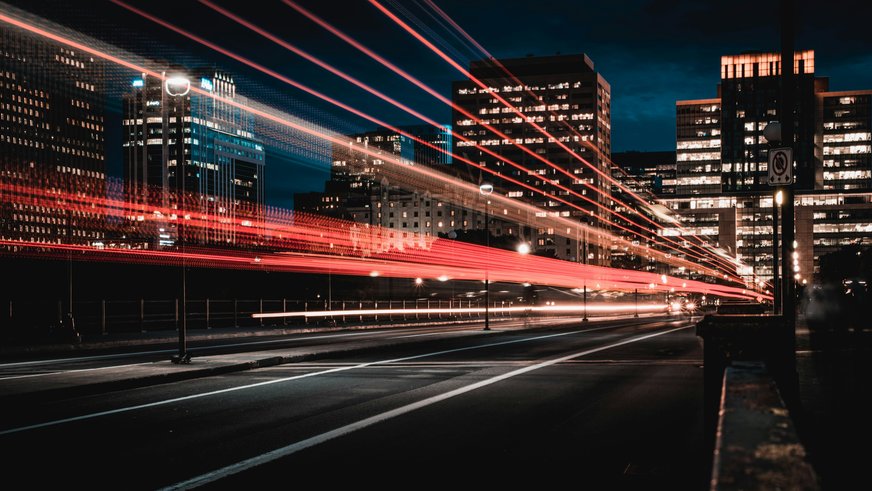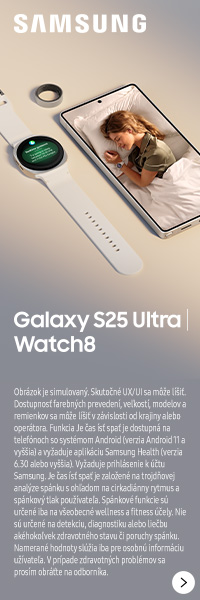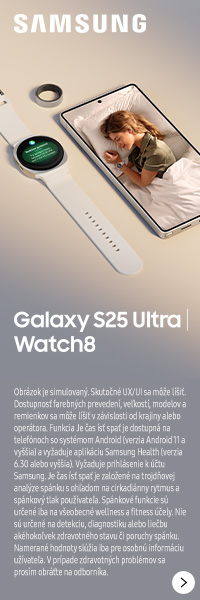
Living in Fast-Forward: Why the Twenty-First Century Feels Like a Blink
Observers often note that a twelve-month span now resembles one long weekend. Streets change décor before residents register the season, and birthdays arrive as abruptly as push notifications. Psychologists label this squeeze “temporal contraction”: the sense that lived time is being vacuum-packed by modern pace rather than ticking at a steady beat.
The One-Swipe World
Digital hubs such as nomini spotlight the trend. One movement of a thumb summons news, chat, music, shopping, and micro-rewards. What once demanded a drive downtown now requires milliseconds. Convenience collapses dozens of discrete moments into a single blur and convinces the brain that a full evening just happened in seven minutes.
Memory, the Real Clock
Human perception of duration depends less on wall calendars than on memory tiles. Novel events form bright tiles; repetition lets tiles fuse. Algorithmic feeds recycle similar posts, sounds, and emojis, nudging the mind to file days under “already seen.” When novelty evaporates, so do anchors that stretch a week into a felt length.
The Dopamine Carousel
Every notification carries a tiny promise of reward. Anticipation releases dopamine, which propels attention forward and shaves the present to a sliver. Multiply that cycle by a few hundred taps per day and subjective hours begin to evaporate even while the second hand moves steadily.
- Alert appears → brain expects reward
- Dopamine spikes → focus jumps ahead
- Reward arrives → spike fades
- Gap emerges → user seeks next alert
- Loop restarts → perception compresses
Boundary Erosion
Evenings once closed the shop of consciousness; work ended when doors locked. Today e-mail pings during dinner, and group chats bloom at dawn. Without punctuation, days fuse into seamless streams that defy mental indexing. The result is a calendar with no margins and therefore no graspable pages.
Efficiency’s Hidden Tax
Speed promises liberation, yet demands repayment in attention fatigue, shallow inhalations, and hazy recollection. Relationships shrink to exchanges of status updates. Creative thought suffers, because insight grows in the unscheduled gaps now sacrificed to relentless scrolling.
-
Baseline stress creeps upward
-
Sleep quality thins
-
Long-form conversation disappears
-
Problem-solving becomes reactive, not reflective
-
Joy yields to a low hum of urgency
Slow Hacks for Busy Minds
Pacing can be reclaimed with small, deliberate frictions that re-stretch perception:
-
Walk or cycle short errands instead of one-click ordering
-
Reserve a weekly novelty hour—unfamiliar café, different podcast, new recipe
-
Batch notifications into two check-ins per day
-
Start mornings with handwritten journaling
-
Trade five quick messages for one uninterrupted call
Each tweak installs fresh memory markers and expands the felt width of the day.
Designing Humane Tempo
Product teams can help users breathe by emphasizing depth over streaks. Weekly achievements encourage broader perspective, while “quiet hours” default settings restore digital sunsets. Employers who cluster meetings into single blocks grant staff the luxury of undisturbed creation. City planners, too, can counterbalance the sprint with green corridors that invite wandering off-screen.
The Role of Narrative
Cultivating stories—through journaling, photography, or evening recollection—binds events into chapters. Narrative asks the brain to label beginnings and endings, slowing the interior metronome. Even mundane episodes, once woven into a story, occupy more psychic space than any scroll through interchangeable thumbnails.
Reclaiming the Clock
Chronometers have not accelerated; perception has. By curating inputs, celebrating novelty, and protecting silence, individuals can uncrumple their timelines. Technology will continue its march, but personal tempo remains negotiable. Those who alternate rapid utility with intentional pauses discover that minutes expand again, conversations regain texture, and a year resumes the satisfying weight it once carried.
In the end, life’s richness is measured not by the quantity of occupied seconds but by the depth of remembered moments. Choose fewer, brighter tiles—and the mosaic of time will feel spacious once more.


Zdroj Foto: unsplash.com.
Zobrazit Galériu







